Description
Shanta Golba is one of the primary cooperatives belonging to the Sidama Coffee Farmers Cooperative Union (SCFCU), one of Ethiopia’s largest and best-known exporting organizations. SCFCU is robust; there are 53 member cooperatives in the union and over 80,000 member households throughout the Sidama Zone. Harvest in Sidama occurs slightly earlier than in the more southern zones of Gedeo and Guji, and as a result the fully washed lots from here are usually the year’s very first top quality arrivals from anywhere in Ethiopia.
Shanta Golba carries out activities that often go unnoticed but are crucial for small producers, including training producers in best organic practices and investing in basic infrastructure needs like road improvements and establishing local warehouses. SCFCU focuses on establishing a certification process for local cooperatives, creating micro-credit for producers and investing in social programs on a larger scale. Environmental training programs, healthcare initiatives, life insurance, and educational opportunities are just some of the ways SCFCU strives to improve the quality of life for coffee producers and their families.
There are 1267 farmer members belonging to the Shanta Golba cooperative. Farmers in this area are truly smallholders, averaging less than a hectare of coffee cultivation each, in which they also produce vegetables for the household and local sale. The coop processes coffee at 2 different sites, in the Bensa district communities of Shantawene and Sadeware.
Cherry is delivered daily to SCFCU’s coop washing stations where it is sorted, depulped, and fermented overnight in water, which is traditionally replenished multiple times during the fermentation period to ensure clean, white, and contaminant-free parchment. Shanta Golba employs up to 110 people at the station to oversee the constant maintenance of large-scale parchment and, in the case of naturals, cherry drying. Once fully dried and cured, final milling for export is completed at the Union mill in Addis Ababa.
Shanta Golba was founded in 1976 and functioned independently, as did many coops and processing groups back then, for lack of a greater export network. This lasted until the late 90s and until then relied largely on a system of local collectors and buyers, who would then deliver consolidated cherry to processors or export auctions. The formation of cooperative unions in Ethiopia allowed for voting power and higher farm returns from the direct exportation that unions would be capable of. Certifications, as well, easily earned through the organic methods of Ethiopia’s smallholders and a conscious business plan, could be secured for price protection and marketing purposes, helping vast populations of smallholders gain small but meaningful leverage in the global marketplace that remains to this day.
Tasting Notes: A lovely cup of certified Ethiopian. Lemony and floral upfront balanced with a chocolatey/herbal/spice dark tone reminiscent of black tea. Although this cup has some more acidic features, we would consider it a darker toned Ethiopian cup, best from medium to dark roasts, a little slower roast will benefit this bean, building more robust and jazzy dark tones in the cup while muting some of the more acidic notes. Light to medium roasts one will get some crisp tones in the cup which add some good depth of flavor and present a nicely balanced and smooth cup, best for drip or pour-over methods, dark roasts though, are exotic with a bakers-chocolate/black-tea like spin, stronger cup with some kick, lovely bean for espresso or mixed beverages.
Roasting Notes: Easy cup to roast, make sure you get some development past first crack, can risk a little grassy at super light roasts. Great from a medium roast to as dark as you want to go. Medium chaff, shouldn’t cause any issues. A slower roast helps mute some acidity and bring the lovely complex dark tone to the foreground.
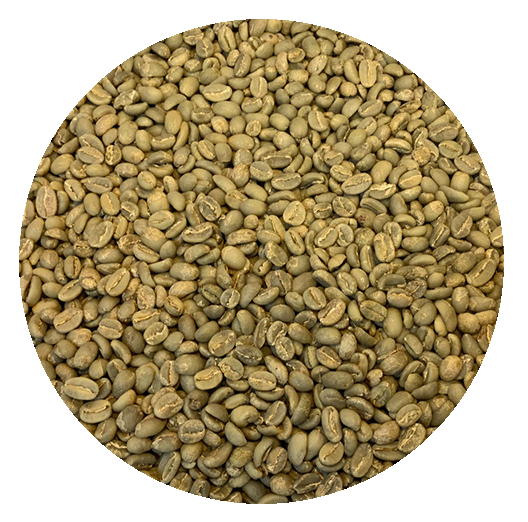
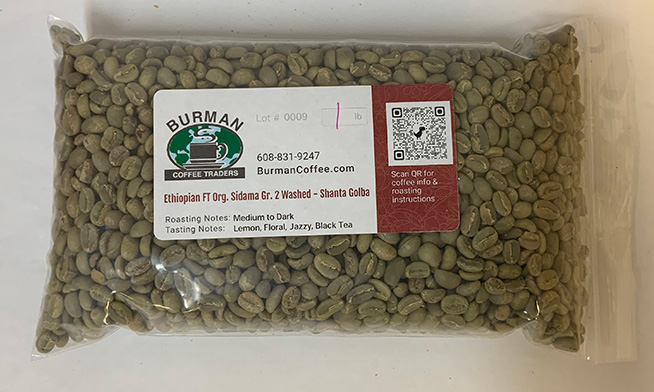
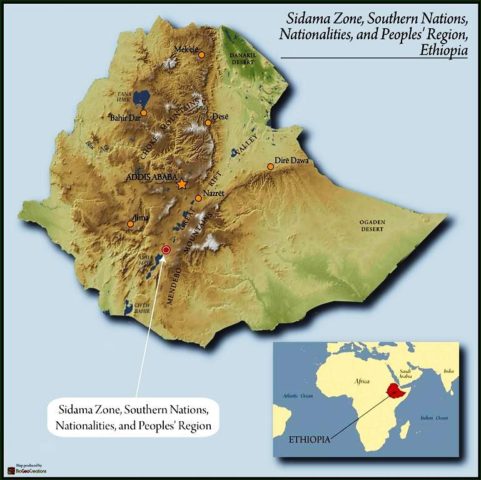
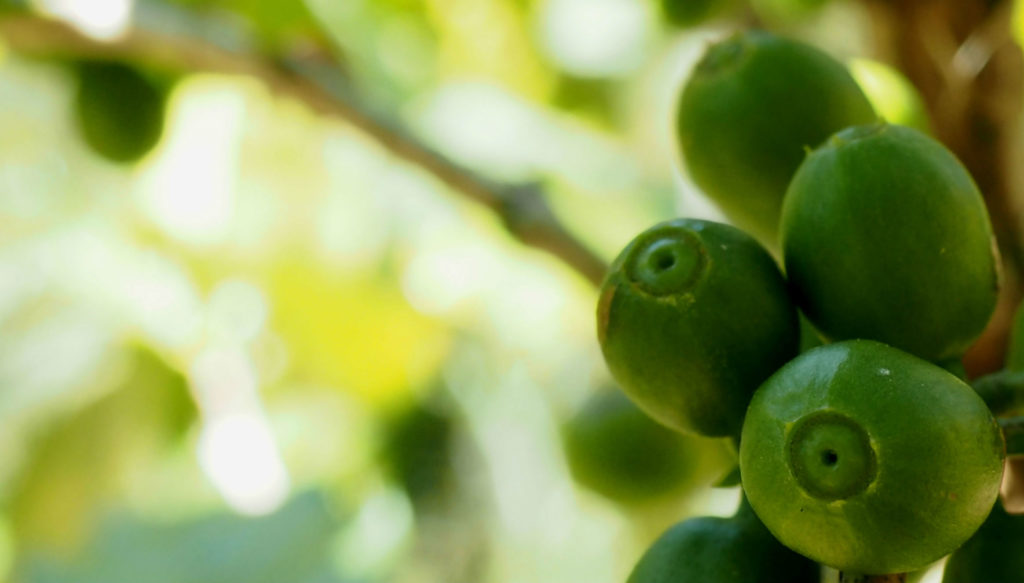
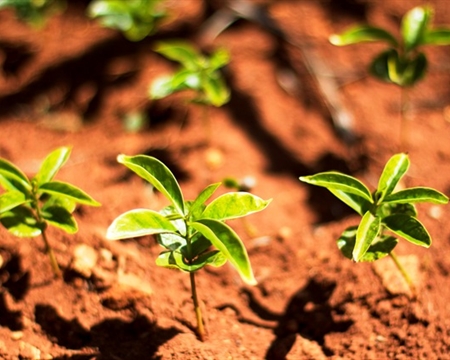
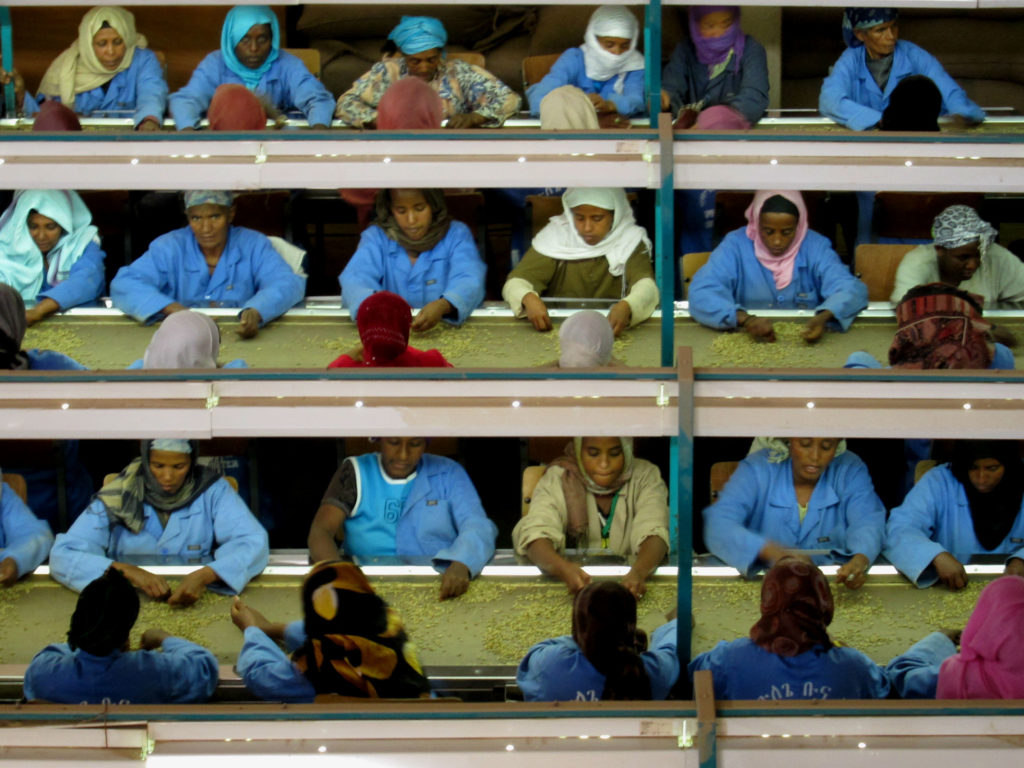
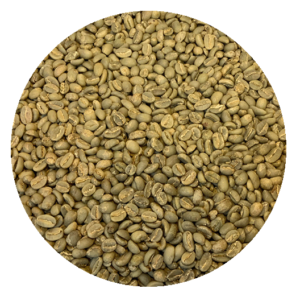
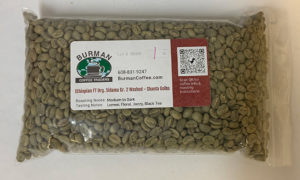



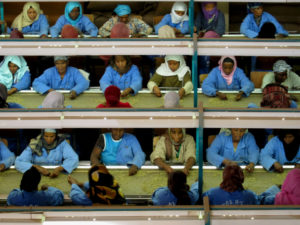


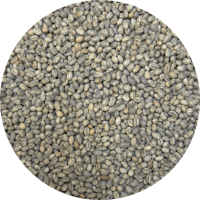


Reviews
There are no reviews yet.